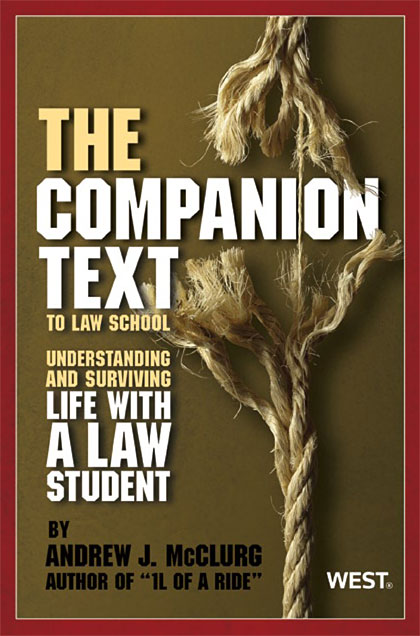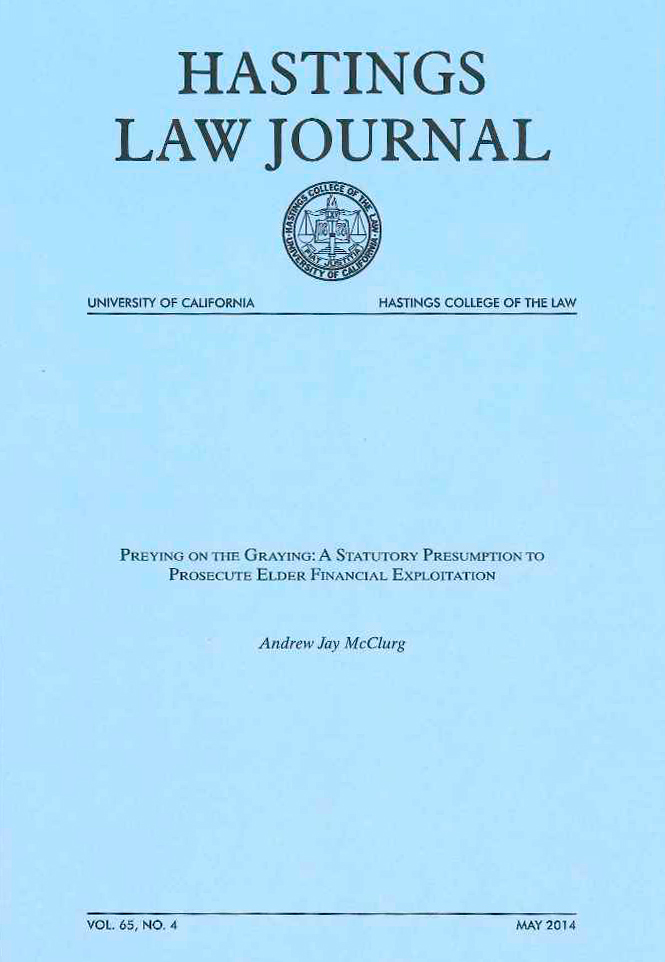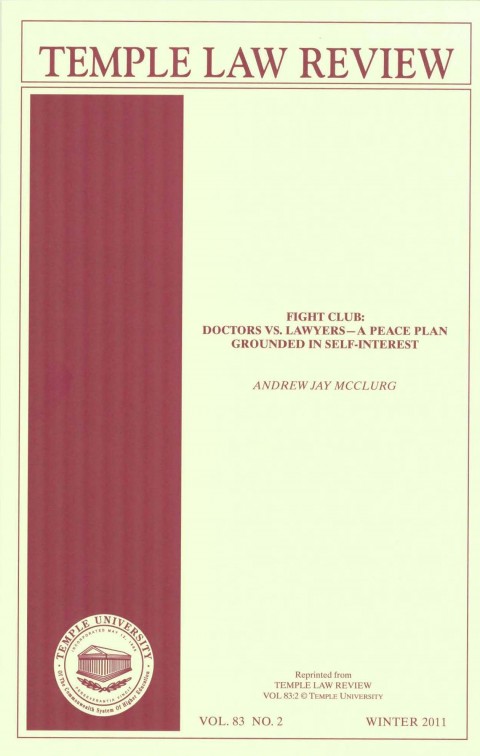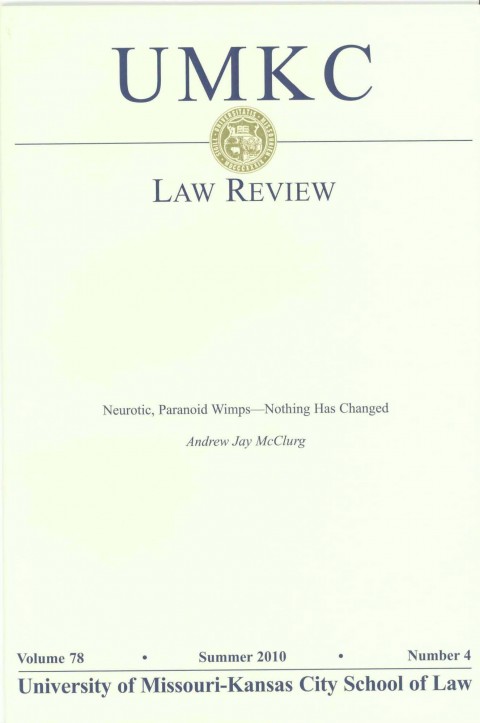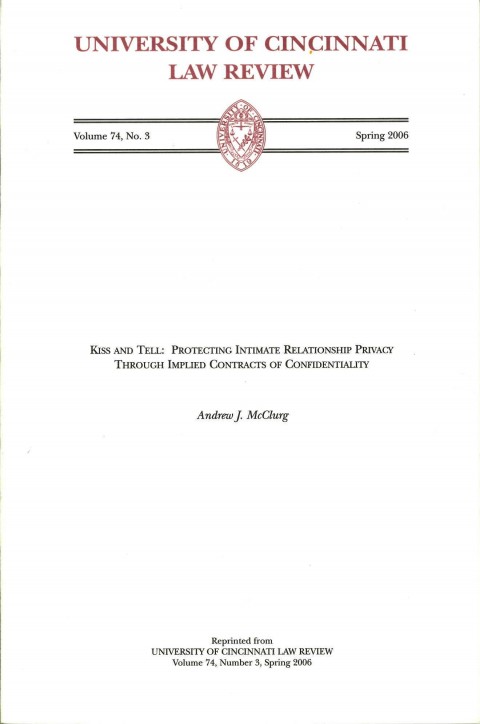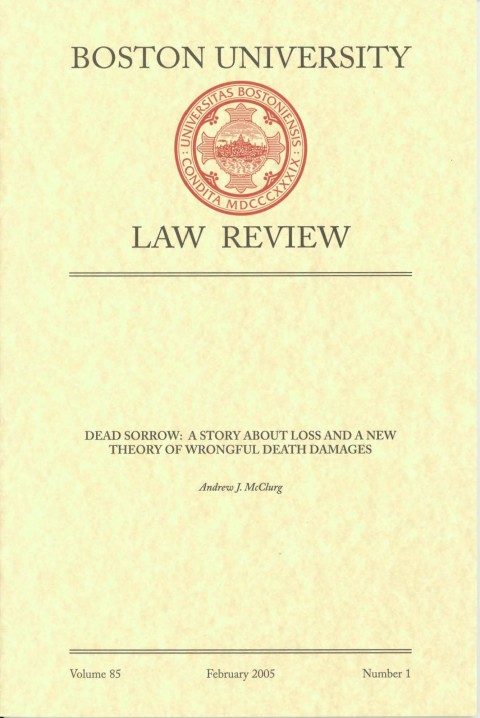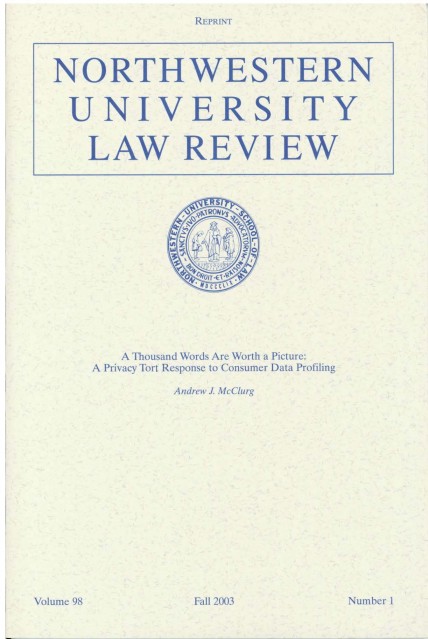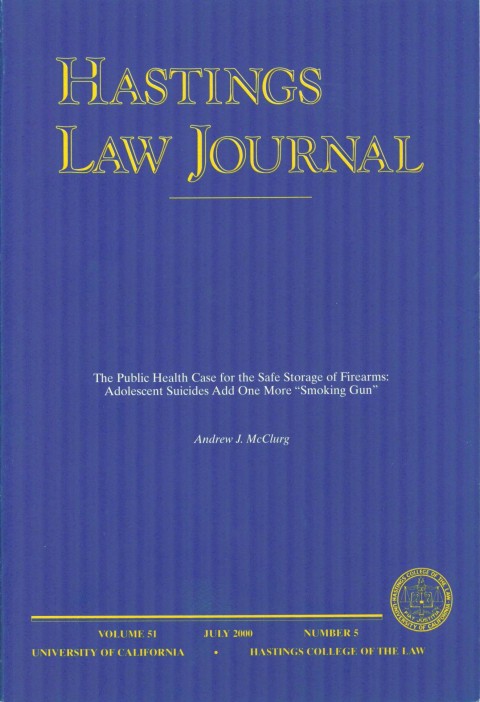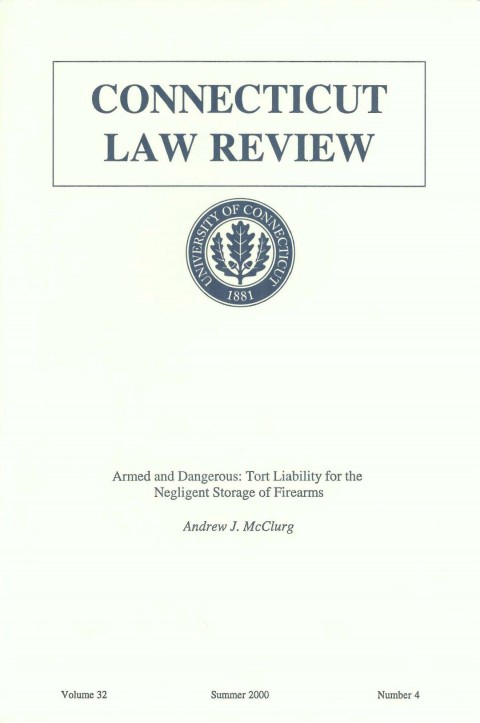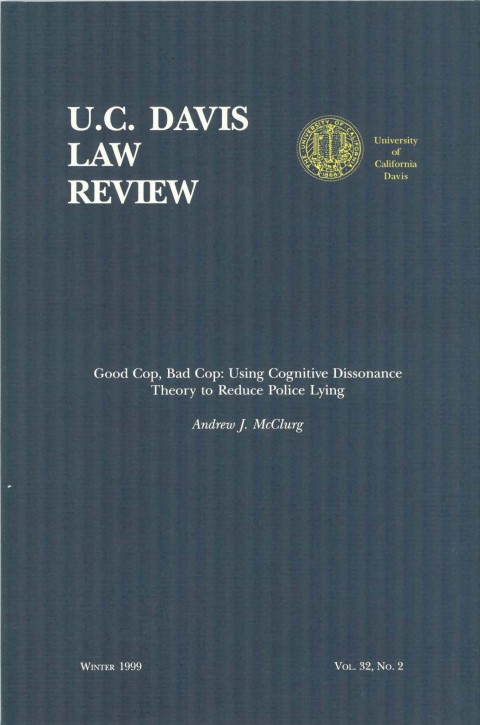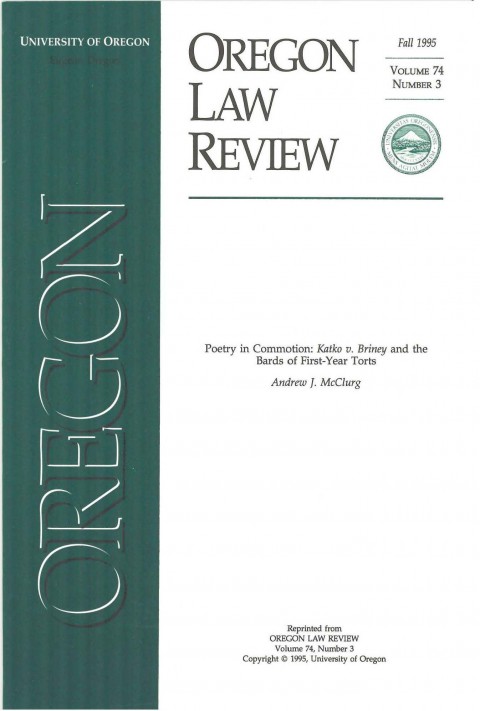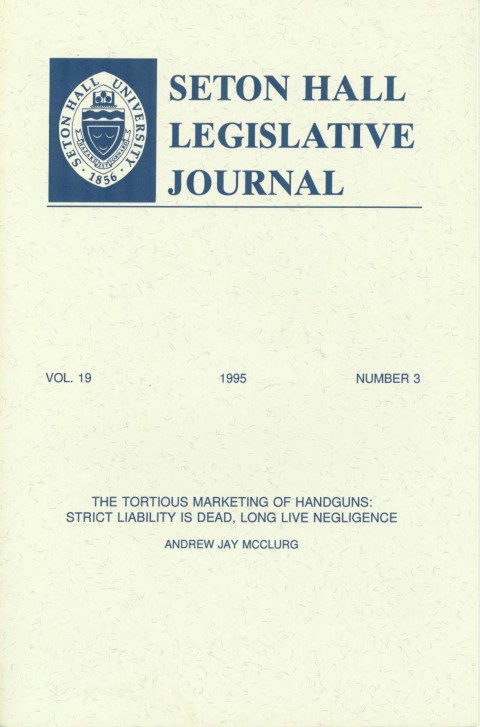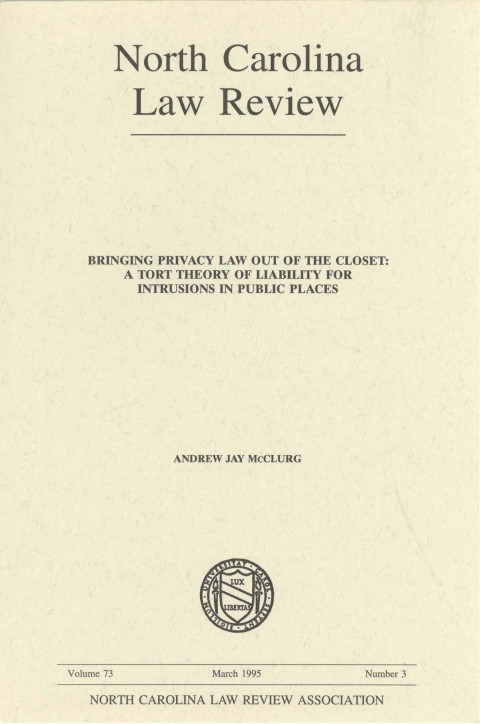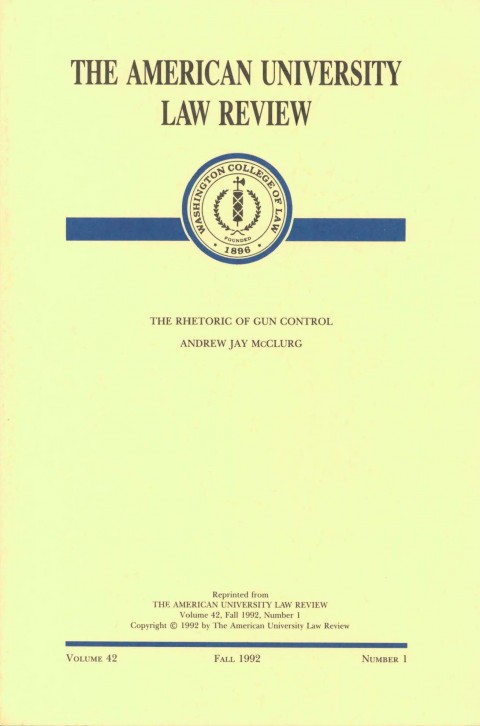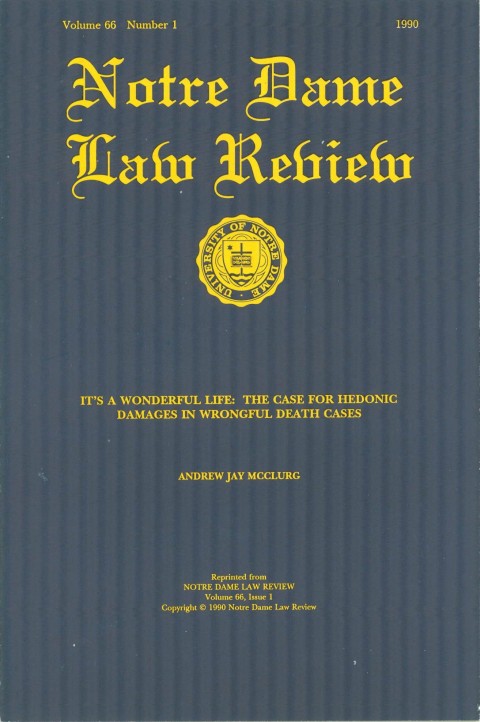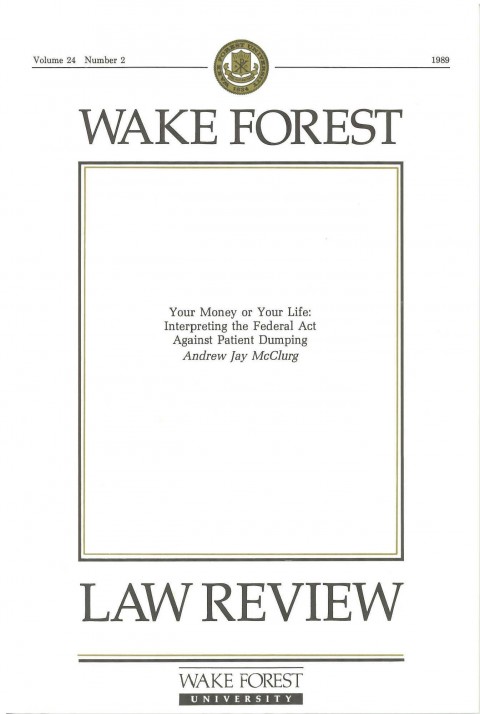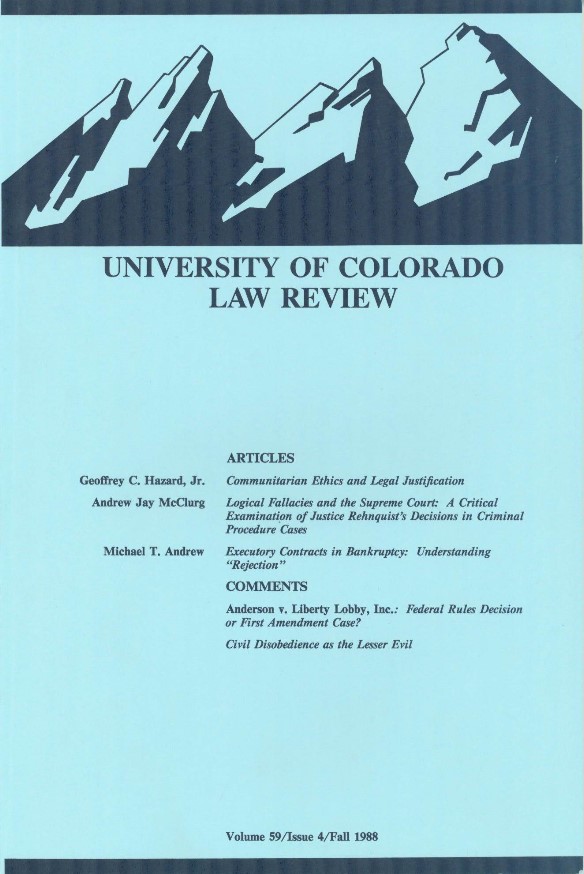May 11th, 2012 U.S. Seventh Circuit Court of Appeals Judge Terence T. Evans, who passed away in 2011, was well-known for his opinions jammed with sports trivia (see here and here).
But in a criminal case involving witness tampering and “too many Murphys” (the defendant, his son and the trial judge were all named Murphy), Judge Evans mined a different pop culture-vein in an opening footnote necessitated by a court reporting error in the trial transcript:
1. The trial transcript quotes Ms. Hayden as saying Murphy called her a snitch bitch “hoe.” A “hoe,” of course, is a tool used for weeding and gardening. We think the court reporter, unfamiliar with rap music (perhaps thankfully so), misunderstood Hayden’s response. We have taken the liberty of changing “hoe” to “ho,” a staple of rap music vernacular as, for example, when Ludacris raps “You doin’ ho activities with ho tendencies.”
Give credit to Ludacris. Cited as authority by the distinguished U.S. Court of Appeals for the Seventh Circuit. Maybe his next release will be a hornbook.
— United States v. Murphy, 406 F.3d 857, 859 n.1 (7th Cir. 2005). Thanks to the several folks who sent this opinion.
November 26th, 2011 Or maybe not. A pro se litigant filed a Notice of Appeal in the U.S. District Court for the Western District of Washington stating:
I hereby am informing you that I am appealing the a****** Ronald B. Leighton’s decision in this matter.
You have been hereby served notice. You’re not getting away with this s*** that easy.
Signed this 10th day of July 2006
George C. Swinger, Jr.
Plaintiff/Pro Se
— Swinger v. Cole, Case No. 3:04-CV-05348-RBL (W.D. Wash. July 12, 2006). Thanks to Scott Cole.
November 26th, 2011  Dangerous product? A large guy (280-90 pounds) ironically won a one-week trip to Hawaii as a reward for selling more than $20,000 in diet products. But in a lawsuit against Hanes, the underwear maker, he alleged his “dream trip” went awry due to allegedly defective briefs which “gaped open and acted like a sand belt on my privates,” causing injury.
We’ll let the court elaborate on this interesting products liability case:
Plaintiff testified that by the second day in Hawaii he was in debilitating pain. However, … he ignored the pain until he returned to Pensacola two weeks later. He explained he was able to ignore the pain because he was enjoying himself so much on this long anticipated vacation that he did not dwell on or focus on the pain to any degree.
Plaintiff testified he believed sand that he picked up in his swim trunks while enjoying the Hawaiian surf had irritated his penis. Over the next few days he and his wife “walked all over the place” until his condition worsened to the point that he “could hardly walk.” Plaintiff testified his inability to walk was caused by defendant’s defective manufacturing of his underwear which caused his “fly” to gap open. The gap resulted in his penis protruding from his underwear, whereupon the edges of the opening abraded his penis like “sandpaper belts.” …
Under cross examination plaintiff admitted he never examined his penis to assess the problem and/or treat the problem. He testified he is a “belly-man” and his “weight” prevents him from looking down and seeing his penis. He further testified he declined to use the hotel mirror to view the “injury” because that is “not something he would do.” He also testified he did not ask his wife to examine his penis because he would never ask her to do such a thing, nor would he want to let her know about his pain because it would have “ruined her vacation” as well. …
So how does one prove a complex products liability case like this one? How else? Bring on the experts! Nothing like an in-court reenactment to drive home a point (will resist the obvious “if they do not fit, you must acquit” joke):
Both the plaintiff and the defendant’s expert demonstrated the “tensions” that are placed on men’s underwear. This was done by holding the allegedly “defective” underwear and placing it under various “stresses” while comparing it with similar briefs made by other manufacturers, as well as other old, worn out Hanes brand briefs owned by plaintiff.
The uncontroverted expert testimony was that once a man’s genitalia are adjusted in his briefs, “vertical tension” is far greater than horizontal tension and there is no tendency for the fly to “gap.”
Based on the expert testimony, the judge concluded that “it was clear to the court that plaintiff’s underwear would not have ‘gaped’ open as contended by plaintiff because the tension load on men’s underwear is vertical and not horizontal.” The court speculated that it was more likely that plaintiff’s problems were caused by the “plaintiff’s manner of getting into his underwear,” which was to put them on at the same time as his pants.
The surprising legal lesson of this case is that expert testimony about tighty-whities fit can apparently pass scrutiny as scientifically valid under Daubert.
— Freed v. Hanes Brands, Inc., Case No. 2009 SC 003087 (Fla. Escambia County Ct. Oct. 12, 2009). Thanks to Cecile Mendizabel and others.
November 24th, 2011 This from a judicial friend who prefers anonymity: a disciplinary action against a judge who likes to hand out acorns. Sound odd? It gets odder. The acorns contained condoms and he handed them out to women he didn’t know. Here’s the story:
A Pennsylvania magistrate judge from Intercourse, Pennsylvania (that’s right, Intercourse) attended a continuing education course in nearby Harrisburg. While there, the judge approached two women, neither of them known to him, and presented them with some acorns. He encouraged them to try them and to return the following day to let him know how they liked them.
The women subsequently cracked open the nuts and discovered that the judge had hollowed them out, inserted condoms (foil removed), and resealed the acorns. The distressed women called the police.
The police cited the judge for disorderly conduct. When questioned at the station, the judge told police he intended his actions as a joke.
The criminal charges were dismissed, but the police lodged an ethics complaint. While the Pennsylvania Court of Judicial Discipline said the conduct was “not funny” and that the judge’s preoccupation with acorns was “mystifying,” the court—made up of one judge, two lawyers and three laypersons—found that the conduct did not violate the canons of ethics by bringing the judiciary into disrepute.
Part of the court’s reasoning was “we cannot ignore … the fact that condoms are regularly given out to children by our government.”
My friend was surprised the judge wasn’t disciplined, but I also find it strange that he was arrested. Unjudicial conduct to be sure, but a crime?
— In re: Isaac H. Stoltzfus, Pa. Court Of Judicial Discipline, Case No. 4 JD 11, Aug. 17, 2010.
November 24th, 2011 Sometimes you just need to know when to fold ‘em.
In a 1963 divorce case, the wife accused the husband–a dentist–of adultery with several of his patients. The husband vigorously contested the allegations. Fifteen hundred pages of testimony later, the case made it to the New Jersey Superior Court, which had to decide whether the evidence proved adultery.
The husband had creative explanations for every bit of damning evidence. For example, when the wife produced a film she found of the husband inserting a speculum into a nude patient in his office, he said he was conducting medical research. Remember, he’s a dentist.
On another charge, the wife claimed she came into the husband’s office one day to find him having sex on his dental couch with a nude patient identified in the case as “Mrs. G.” The husband denied having sex with Mrs. G. He said he was merely carrying her to the couch because of her sudden loss of consciousness while he was removing a denture. (No explanation as to why she was nude.)
He maintained his denial even in the face of a diary entry he made on the same date with reference to Mrs. G that said “[C]aught!” He explained that this was actually a medical entry meaning that the denture “caught” in Mrs. G’s mouth tissue while he was removing it.
The opinion is jammed with other elaborate, laughable denials that make for some interesting reading.
— Lowenstein v. Lowenstein, 190 A.2d 882 (N.J. Super. Ct. 1963). Thanks to Seymour Margulies.
November 24th, 2011 Judge Mark Painter, a judge on the Ohio Court of Appeals, sent in a couple of his own funny opinions. The first one he wrote back when he was a municipal court judge. Lawhaha.com clings steadfastly to being a family friend site, but it’s not easy when a primary source of Strange Judicial Opinions is that haven for adult-oriented material known as the National Reporter System.
In State v. Parenteau, the defendant was charged with public indecency. We’ll let Judge Painter explain what happened:
Defendant was part of a “lingerie fashion show” at a nightclub named “Scandals” in western Hamilton County. The charge arose from the modeling by defendant of a lace brassiere which was alleged by the officer to be “see-through,” in that the officer testified he could observe a nipple area through the lace fabric. Defendant was apprehended after she had retired to a back room to change her clothing. The officers asked Parenteau for the clothing she was wearing, which they confiscated.
The evidence produced in court included a lace brassiere, a pair of underpants, stockings, and a small square of pantyhose fabric. The panties and stockings were not relevant, considering that the charge was not based upon anything in connection with the defendant’s lower anatomy. Defendant testified that she wore the pantyhose fabric under the bra in order to be certain that it was not transparent in the area of the nipple. Defendant further stated that she was wearing two such squares, one on each breast, during the performance, but that only one was in evidence, since she had already removed her bra when she was arrested, and the other square had dropped out and was not recovered by the officers. An additional witness testified that she saw defendant cutting pantyhose to make the squares before she dressed. Much ado was made about whether one or two squares were worn, but in the court’s view of the law, the existence or nonexistence of the pantyhose material within one side of the brassiere is not controlling.
The question presented is whether the defendant can be convicted of public indecency … for wearing a lace brassiere which totally covered her breasts, but was partially transparent, or “see through.” If so, does the insertion of pantyhose material, rendering the brassiere less “see through,” change the result?
The result turned on the meaning of “private parts” as used in the public indecency statute. Judge Painter cited numerous sources supporting the proposition that “private parts,” as used in the law, refers to the genital area only. As such, he acquitted the defendant.
— State v. Parenteau, 564 N.E.2d 505, 505 (Ohio Mun. 1990).
November 21st, 2011 Nothing funny about U.S. v. Pipkins, a case involving RICO convictions for several “pimps,” including convictions for using underage woman as prostitutes. But it certainly qualifies as “strange,” given the Eleventh Circuit’s elaborate explanation of the complex hierarchy and jargon of pimping and prostitution, which in this case even included instructional videos for both pimps and prostitutes. Here are some excerpts:
[E]ach pimp kept a stable of prostitutes with a well-defined pecking order. At the top of each pimp’s organization was his “bottom girl,” a trusted and experienced prostitute or female associate. Next in the pimp’s chain of command was a “wife-in-law,” a prostitute with supervisory duties similar to those of the bottom girl. A pimp’s bottom girl or wife-in-law often worked the track in his stead, running interference for and collecting money from the pimp’s other prostitutes. The bottom girl also looked after the pimp’s affairs if the pimp was out of town, incarcerated, or otherwise unavailable.
The pimps also recognized a hierarchy among their own. “Popcorn pimps,” “wanna-bes,” and “hustlers” were the least respected, newer pimps. A “guerilla pimp” (as other pimps and prostitutes considered Moore) primarily used violence and intimidation to control his prostitutes. Others were regarded as “finesse pimps,” who excelled in the psychological trickery needed to deceive juvenile females and to retain their services. Finally, “players” (apparently, in this case, Pipkins) were successful, established pimps who were well-respected within the pimp brotherhood. …
The pimping subculture in Atlanta operated under a set of rules, presented in the video called Really Really Pimpin’ in Da South. This videotape was made in Atlanta by Pipkins and Carlos Glover, a business associate. Really Really Pimpin’ in Da South featured prominent Atlanta pimps, including Pipkins, explaining the rules of the game. This video, along with its companion piece, Pimps Up Hoes Down, outlined the pimp code of conduct, and was repeatedly shown to new pimps and prostitutes alike to concisely explain what was expected of a prostitute. The origin of Pimps Up Hoes Down is unknown. In essence, these videos taught that prostitutes were required to perform sexual acts, known as “tricks” or “dates,” for money. … Despite the pimps best efforts to subjugate their prostitutes, the rules allowed a prostitute to move from one pimp to another by “choosing.” This was accomplished by the prostitute making her intentions known to the new pimp, and then presenting the new pimp with money, a practice known as “breaking bread.” The new pimp would then “serve” the former pimp by notifying him that the prostitute had entered his fold. The former pimp was bound to honor the prostitute’s decision to choose her new pimp. A prostitute who frequently moved from pimp to pimp was known as a “Choosey Susie.” And, a prostitute might “bounce” from pimp to pimp by moving among different pimps without paying for the privilege of choosing.”
The court also detailed extensive physical abuse against prostitutes as part of the “rules govern[ing] a prostitute’s conduct,” mentioned that one defendant used his prostitutes to “entertain[ ] members of a municipal police force at his home,” and noted that the pimps “operated as a price-fixing cartel” to regulate prices for prostitution services.
If you ever thought prostitution was a “victimless crime,” go read this opinion.
— United States v. Pipkins, 378 F.3d 1281, 1285–86 (11th Cir. 2004). Thanks to Paul Scott.
November 21st, 2011 It turns out that the f-word holds a long pedigree in judicial opinion-writing. John Baker sent in an 1846 Missouri opinion reputed to contain the first judicial mention of the word.
In Edgar v. McCutchen, McCutchen sued Edgar for slander. The slanderous allegation was, according to the court, “carnal knowledge of a mare, and the word ‘f**k’ [asterisks added; court used unabridged version] was used to convey the imputation.” After the plaintiff received a verdict, the defendant made a motion to arrest the judgment “for the reason that the word used to convey the slander, was unknown to the English language.”
If only that were true. The court disagreed and affirmed the plaintiff’s judgment.
Follow up: Kevin McDowell wrote to confirm that:
It appears to be true that Edgar v. McCutcheon (1846) is the first case to discuss the “F” word. The Indiana Supreme Court relied on the case in Linke v. Kelley, 25 Ind. 278 (1865), finding that although the word is “not to be found in any vocabulary of the English language, [it]is as well understood as any other English word.” The court said it isn’t found in “standard lexicons” because of its “vulgarity.” This was a case of a braggart saying he (you know what) to a woman “one hundred times.” The court did it to him in turn.
— Edgar v. McCutchen, 9 Mo. 768, 768 (1846). Thanks to John M. Baker and Kevin McDowell.
November 18th, 2011 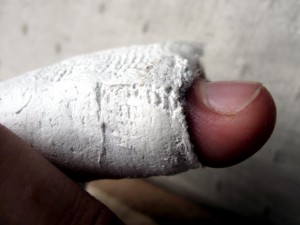 Family friendly depiction of the injury. Doe v. Moe, a May 2005 Massachusetts appellate case, gives a whole new meaning to the idea of safe sex. A guy sued his long-time girlfriend (ex-girlfriend?) for negligence when an ill-advised change in position during consensual intercourse resulted in him suffering a fractured penis. (The opinion gives details about how the accident occurred.)
In a case of first impression, the court struggled to arrive at an appropriate and workable standard of care to apply to private consensual sexual conduct. The court noted:
There are no comprehensive legal rules to regulate consensual sexual behavior, and there are not commonly accepted customs or values that determine parameters for the intensely private and widely diverse forms of such behavior.
Accordingly, the court concluded that the general negligence standard of reasonable care under the circumstances was inappropriate for consensual sex-physical injury cases.
Instead, the court said the plaintiff needed to show conduct rising to the level of “wanton or reckless.” The court opined that while the trial record might support a finding that the defendant’s conduct exposed plaintiff to a risk of harm, it did not support a finding of wanton or reckless conduct.
The case does raise an interesting legal issue. With so many different preferences and positions and idiosyncratic fantasies and fetishes, is there such a thing as a standard of “ordinary and reasonable care” for sex?
— Doe v. Moe, 827 N.E.2d 240, 245 (Mass. Ct. App. 2005). Thanks to David Keller and Professor Howard Wasserman.
November 15th, 2011 Most “funny” judicial opinions aren’t ha-ha funny. They’re merely amusing or interesting. But Lawhaha.com’s scientific focus group tests showed that the colloquy below between the chastised lawyer and the judge makes people laugh out loud. For that, it’s in the SJO Hall of Fame.
In Ahmed v. Reiss Steamship Co., a federal judge held the plaintiff’s lawyer in contempt of court for failure to appear for trial. Judge Ann Aldrich (N.D. Ohio) was disturbed that the lawyer had “told two different federal district court judges that he was appearing before the other,” sort of the legal version of the old childhood stratagem for a night out in which each kid tells his parents he’s spending the night at the other’s house.
Things turned bizarre when the lawyer finally decided to explain his absence, in a way the court found to be “lacking taste and any respect for courtroom decorum”:
MR. JAQUES: I wasn’t here because I couldn’t be here. I was not here, Judge, because I had the screaming itches in the crotch. I was so badly in need of medical care that I had been in communication with my physician a lot. Judge, I wasn’t here because I would have been scratching my testicles constantly if I had been here. Judge–
THE COURT: Mr. Jaques–
MR. JAQUES: Judge, do you understand that?
THE COURT: You don’t have to be so graphic. You could have simply let the Court know that for medical reasons you were not going to be here and you could have–
MR. JAQUES: Judge, it was not a medical reason that I would have been able to frame earlier. That’s one thing.
THE COURT: It doesn’t seem awfully difficult to me. Is there anything else?
The lawyer submitted a letter from his doctor to bolster his claim:
It has been recommendation (sic) … that because of the nature, location and symptoms of this ailment he should avoid to be in public places and mainly court appearances all of which could jeopardize his professional appearance …
While the judge did not “question the intensity of [the lawyer’s] discomfort,” she held him in contempt for not notifying the court of the problem and for representing that he couldn’t attend trial because he was appearing before another judge.
— Ahmed v. Reiss S.S. Co., 580 F. Supp. 737, 742 (N.D. Ohio 1984). Thanks to Michael Slodov.
November 14th, 2011 Seems as though colorful California Court of Appeals Judge Robert Gardner, a Lawhaha.com Hall-of-Famer, had to deal with more than his fair share of bawdy subjects. But to resolve them, he consistently applied his excellent writing with good old common sense, leaving memorable opinions for the rest of us to enjoy.
In People v. Sarong Gals, the owners of “Sarong Gals,” a bar featuring live nude dancers, appealed an injunction entered against them under California’s Red Light Abatement law, a 1913 statute declaring to be a public nuisance any place used for the purpose of lewdness, assignation or prostitution.
Defendant’s primary argument was that the Red Light Abatement statute can not be lawfully applied to “entertainment.”
Judge Gardner disagreed. He began his opinion with a long list of what he called “hilarious highlights” of the “entertainment” observed at Sarong Gals through police surveillance. The judge’s descriptions of these highlights are a bit too graphic for Lawhaha.com, but one of them had something to do with a customer’s sunglasses. Use your imagination or go look up the opinion for details.
With regard to defendant’s argument that the statute could not be constitutionally applied to restrict “entertainment,” Judge Gardner opined that just about any activity, including people getting devoured by lions, appeals to the “entertainment” wishes of some audience somewhere:
Lewdness is lewdness and covering it with a patina of “free expression” is a fiction which the law will not tolerate. Masturbating on stage, causing customers to openly masturbate, allowing patrons to peer into females’ innards, simulating sexual intercourse and in other ways titillating the customers sexually amounts to lewdness—even though it may be entertaining.
…
Presumably, the Romans of the First Century derived entertainment from witnessing Christians being devoured by lions. Given the right audience, the spectacle of a man committing an act of sodomy on another man would provide entertainment value. However, neither this spectacle nor the activities described in the instant case are invested with constitutionally protected values merely because they entertain viewers.
— People v. Sarong Gals, 27 Cal. App. 3d 46, 50–51 (1972). (Thanks to Frank Zotter.)
November 14th, 2011  Lawhaha.com Hall of Fame Judge Robert Gardner U.S. Court of Appeals Judge Alex Kozinski, a Lawhaha.com Strange Judicial Opinions Hall-of-Famer, took time to send in his praise for another judge who dared to be different: California Court of Appeals Judge Robert Gardner.
Judge K said Gardner is one of his heroes, and included his favorite Gardner quote, from People v. Benton. Although it involves profanity, as Judge Kozinski said, it’s for a good cause:
Mrs. Barnhill and her daughter, Sainna Okeson, were seated at the kitchen table in Mrs. Barnhill’s apartment on Keel Street in Anaheim on the evening of August 2, 1976. Around midnight, a … man entered. With pistol in hand, he said, “Don’t say a word, don’t say a mother-f****** word.” [Fn.1]
[Fn.1] It is a sad commentary on contemporary culture to compare “Don’t say a word, don’t say a mother-f****** word” with “Stand and deliver,” the famous salutation of Dick Turpin and other early English highwaymen. It is true that both salutations lead to robbery. However, there is a certain rich style to “Stand and deliver.” On the other hand, “Don’t say a word, don’t say a mother-f****** word” conveys only dismal vulgarity.
The speech of the contemporary criminal culture has always been a rich source of color and vitality to any language. Yet, when one compares the “bawds,” “strumpets,” “trulls,” “cut-purses,” “knaves,” and “rascals” of Fielding and Smollett to the “hookers,” “pimps,” “Narcs,” “junkies,” and “snitches” of today’s criminal argot, one wonders just which direction we are traveling civilization’s ladder. “Hooker,” at least, has traceable historical antecedents—although the descendants of General “Fighting Joe” Hooker would probably prefer that their famous ancestor be remembered for something other than his army’s camp followers—such as the slaughter at Chancellorsville.
Judge Gardner used the full term without the asterisks, making it viscerally funnier, but Lawhaha.com tries to stay family friendly.
— People v. Benton, 77 Cal. App. 3d 322, 324 & n.1 (1978).
November 14th, 2011 In 1920, a New Jersey chancery judge was faced with a wife’s suit for marriage annulment on the ground of the husband’s alleged impotency during their five years together. The husband “vigorously protested his virility, but admitted the nonconsummation of the marriage.” The husband asserted he refrained from intercourse with his wife because he did not want to hurt her.
Interestingly, given the date, the judge thoughtfully considered whether the husband’s condition was psychological, especially since he had “submitted to an examination by one of his wife’s physicians, who testified that he was structurally a male, normal in the parts, and to all appearances capable of coition.”
The judge forged new legal ground in the U.S. by adopting from the English common law a rebuttable presumption of impotency after three years of marriage without sexual intercourse. In finding that the husband failed to overcome the presumption, the judge explained:
[T]he question comes to one of belief in his story of forbearance for five years, under most trying circumstances, simply because sexual intercourse was painful and distressing to her. I have misgivings. Such solicitude of a groom is noble, of a husband, heroic. Few have the fortitude to resist the temptations of the honeymoon. But human endurance has its limitations. When nature demands its due, youth is prodigal in the payment. Men are still cave men in the pleasures of the bed. The sex may be more temperate, but none the less passionate, and heedless of the penalty. They do not shirk the initiation nor shrink from the consequences. The husband’s plea does not inspire confidence. Common experience discredits it.
— Tompkins v. Tompkins, 111 A. 599, 601 (N.J. Ch. 1920). Thanks to Senior Judge Jim Barlow.
November 6th, 2011 Federal Senior U.S. District Judge Kane of the District of Colorado offered curious readers of judicial opinions an excursion into the world of adult-oriented judicial opinions in Martin v. Cuny. In a case involving a copyright dispute over a photograph of a man and a woman engaging in oral sex, Judge Kane, in a footnote, provided a bibliography of judicial opinions that have titillated law students for decades:
Given its subject matter, this opinion may join certain cases with obscure citations found in well-thumbed volumes in law school libraries. These cases are favorites of second year law students imprisoned in libraries and seeking diversion from the boredom of yet another year of highly touted and low-yielding case method of instruction. Having known a law professor, now thankfully of emeritus status, who assigned students to locate these cases as an exercise in legal research, I list a few to bring them into the age of computers and political correctness through the back door.
[The list of citations is omitted. Some of the cases are gross, including the one my classmates and I all tracked down wa-aa-ay back when we were 2Ls. Lawhaha.com is much more family friendly than the Federal Supplement. At the end of the citation list, the judge said:]
If you find each of these cases you are entitled to join the law review; if your law school library doesn’t have all of them, you should transfer at once.
A professor actually assigned these cases? No surprise he was an emeritus.
— Martin v. Cuny, 887 F. Supp. 1390, 1392 n.1 (D. Colo. 1995). Thanks to Richard McKewen.
November 6th, 2011 The lawyer who sent in this opinion wrote that it will “make you pee in your pants laughing.” Maybe he was just caught up in the spirit of the opinion, which begins:
This case decides the heretofore undecided question of whether the act of defecating in one’s pants upon being informed of a pending criminal charge is a relevant fact for the jury.
That’s a heckuva way to get your reading audience’s attention. Here’s what happened:
The prosecutor elicited testimony from the arresting officer that, upon being informed he was under arrest for sexual child assault, the defendant defecated in his pants (although he denied doing so at trial). Defense counsel objected on relevancy grounds and the judge sustained the objection. The judge told the jury to disregard the comment. Oh yeah, I’m sure the jurors were able to just completely forget that little tidbit.
The defendant appealed, asserting a mistrial should have been granted. On appeal, the prosecutor argued that the defendant’s unseemly accident was admissible as an “excited utterance” under the rules of evidence.
“Excited utterance” is an exception to the rule the bars the introduction of hearsay testimony. Hearsay–that is, statements made outside of court–are, subject to many exceptions, barred because they are deemed untrustworthy. The basis for admitting an excited utterance into evidence is the belief that statements made under shock or surprise are likely to be trustworthy.
Judge Hardberger, writing for the Texas Court of Appeals, did an admirable job of fairly identifying the conflicting inferences that could be drawn from the alleged act by the defendant. After rejecting defendant’s argument that the act had no relevance, he wrote:
On the other hand, defecation in one’s pants upon arrest does not necessarily indicate guilt. Such an act could be evidence of the innocence of a man accused of a heinous crime he didn’t do … Granted, it could also be the act of a guilty person being found out. Or it could simply be the act of a man sick to his stomach.
The court determined that the trial judge’s instruction to the jury to disregard the testimony cured any possible error.
— Marles v. State, 919 S.W.2d 669, 670–71 (Tex. Crim. App. 1996). Thanks to David Keller.
October 31st, 2011 Anyone who has ever worked as a staff attorney or law clerk to a federal judge or magistrate knows all too well the burdens of dealing with pro se inmate complaints (prisoners representing themselves).
In Washington v. Alaimo, the pro se inmate plaintiff pushed his luck too far when he filed a “Motion to Kiss My Ass,” in which he moved “all Americans at large and [the judge in one of his cases] to kiss my got [sic] damn ass.”
Other motions filed by the inmate included:
“Motion to Behoove an Inquisition”
“Motion for Restoration of Sanity”
“Motion for Publicity”
“Motion for Psychoanalysis”
“Motion to Invoke and Execute Rule 15—Retroactive Note: The Court’s School Days are Over”
“Motion for Skin Change Operation”
“Motion for Catered Food Service”
The court imposed restrictions on all future filings by the inmate.
— Washington v. Alaimo, 934 F. Supp. 1395 (S.D. Ga. 1996). Thanks to Lihwei Lin.
October 31st, 2011 The Kansas Supreme Court publicly censured a rhyming judge in a 1975 case for a tasteless piece of doggerel in which he publicly humiliated a woman arrested for prostitution. His poetic order was deemed to be in violation of the judicial ethical canon that “[a] judge should be patient, dignified, and courteous to litigants, jurors, witnesses, lawyers, and others with whom he deals in his official capacity.”
We won’t perpetuate the misdeed by setting forth the offending rhyme here. Suffice it to say the judge repeatedly called the young woman a “whore” (in addition to showing bad judgment, he should be chastised for being a lousy poet; that’s what he came up with to rhyme with “1974” — the year of defendant’s arrest).
The most interesting aspect of the case was the Kansas Supreme Court’s commentary on judicial humor. In defense to the disciplinary proceeding, the censured jurist cited to several poetic judicial opinions and argued he should not be censured for following in this grand judicial tradition. The court observed:
Judges have long been enjoined from the use of humor at the expense of the litigants before them for reasons which should be apparent. Under the heading of “Ancient Precedents” in the canons of judicial ethics adopted in 1924 by the American Bar Association this appears:
“Judges ought to be more learned than witty; more reverend than plausible; and more advised than confident. Above all things, integrity is their portion and proper virtue ….”
“Patience and gravity of hearing is an essential part of justice; and an over speaking judge is no well-tuned cymbal ….” — Bacon’s Essay “of Judicature.” (198 Kan. xi.)
In 1967 a long time member of the supreme court of Arkansas in advising new judges on opinion writing had more to say on the subject. We quote:
“. . . Judicial humor is neither judicial nor humorous. A lawsuit is a serious matter to those concerned in it. For a judge to take advantage of his criticism-insulated, retaliation-proof position to display his wit is contemptible, like hitting a man when he’s down.” (Smith, A Primer of Opinion Writing, For Four New Judges, 21 Ark. L. Rev. 197, 210.)
Judges simply should not ‘wisecrack’ at the expense of anyone connected with a judicial proceeding who is not in a position to reply. … Nor should a judge do anything to exalt himself above anyone appearing as a litigant before him. Because of his unusual role a judge should be objective in his task and mindful that the damaging effect of his improprieties may be out of proportion to their actual seriousness. He is expected to act in a manner inspiring confidence that even-handed treatment is afforded to everyone coming into contact with the judicial system.
— In re Rome, 542 P.2d 676, 685 (Kan. 1975). Thanks to Lihwei Lin.
|
Funny Law School Stories
For all its terror and tedium, law school can be a hilarious place. Everyone has a funny law school story. What’s your story?
|
Product Warning Labels
A variety of warning labels, some good, some silly and some just really odd. If you come encounter a funny or interesting product warning label, please send it along.
|
Tortland

Tortland collects interesting tort cases, warning labels, and photos of potential torts. Raise risk awareness. Play "Spot the Tort." |
Weird Patents
Think it’s really hard to get a patent? Think again.
|
Legal Oddities
From the simply curious to the downright bizarre, a collection of amusing law-related artifacts.
|
Spot the Tort
Have fun and make the world a safer place. Send in pictures of dangerous conditions you stumble upon (figuratively only, we hope) out there in Tortland.
|
Legal Education
Collecting any and all amusing tidbits related to legal education.
|
Harmless Error
McClurg's twisted legal humor column ran for more than four years
in the American Bar Association Journal.
|
|
|






